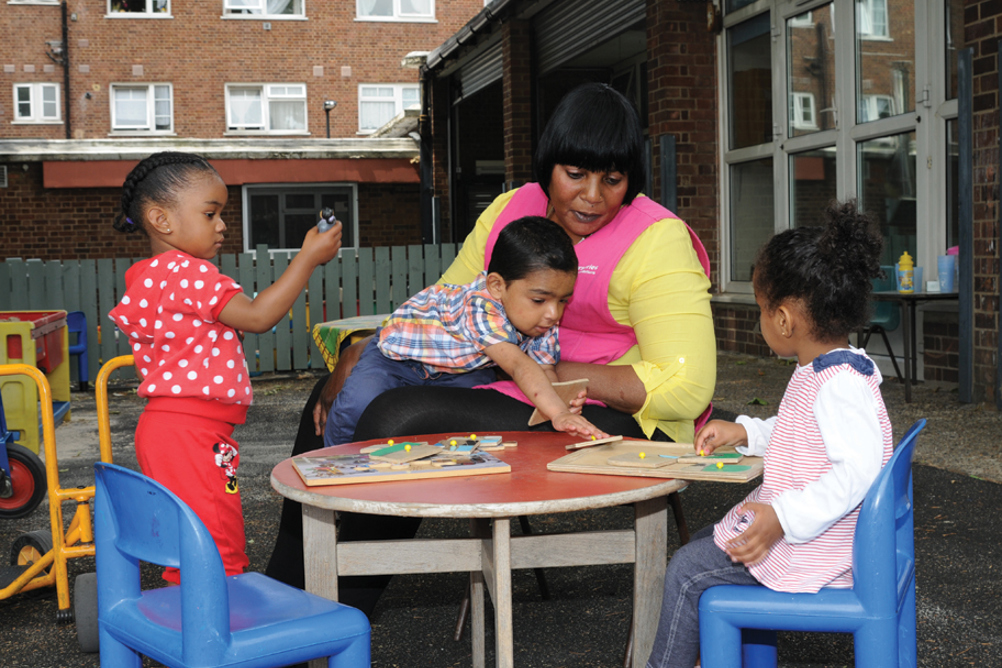
One of the UK’s largest nursery groups has received £1.5m worth of investment funding to expand its business, but growth could be stalled by Government policies to increase the free entitlement to 30 hours a week and the introduction of an apprenticeship levy, the organisation’s chief executive has warned.
London Early Years Foundation (LEYF), a charitable social enterprise that provides childcare to 3,500 children in 36 community nurseries across nine London boroughs, announced last week that it had received a second stage of acquisition financing worth £1.5m from leading social impact investors Big Issue Invest and Bridges Ventures Social Entrepreneurs Fund. The latest instalment forms part of a £2.75m financing package from the two investors.
Register now to continue reading
Thank you for visiting Nursery World and making use of our archive of more than 35,000 expert features, subject guides, case studies and policy updates. Why not register today and enjoy the following great benefits:
What's included
-
Free access to 4 subscriber-only articles per month
-
Unlimited access to news and opinion
-
Email newsletter providing activity ideas, best practice and breaking news
Already have an account? Sign in here
